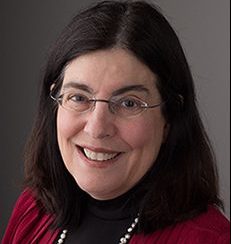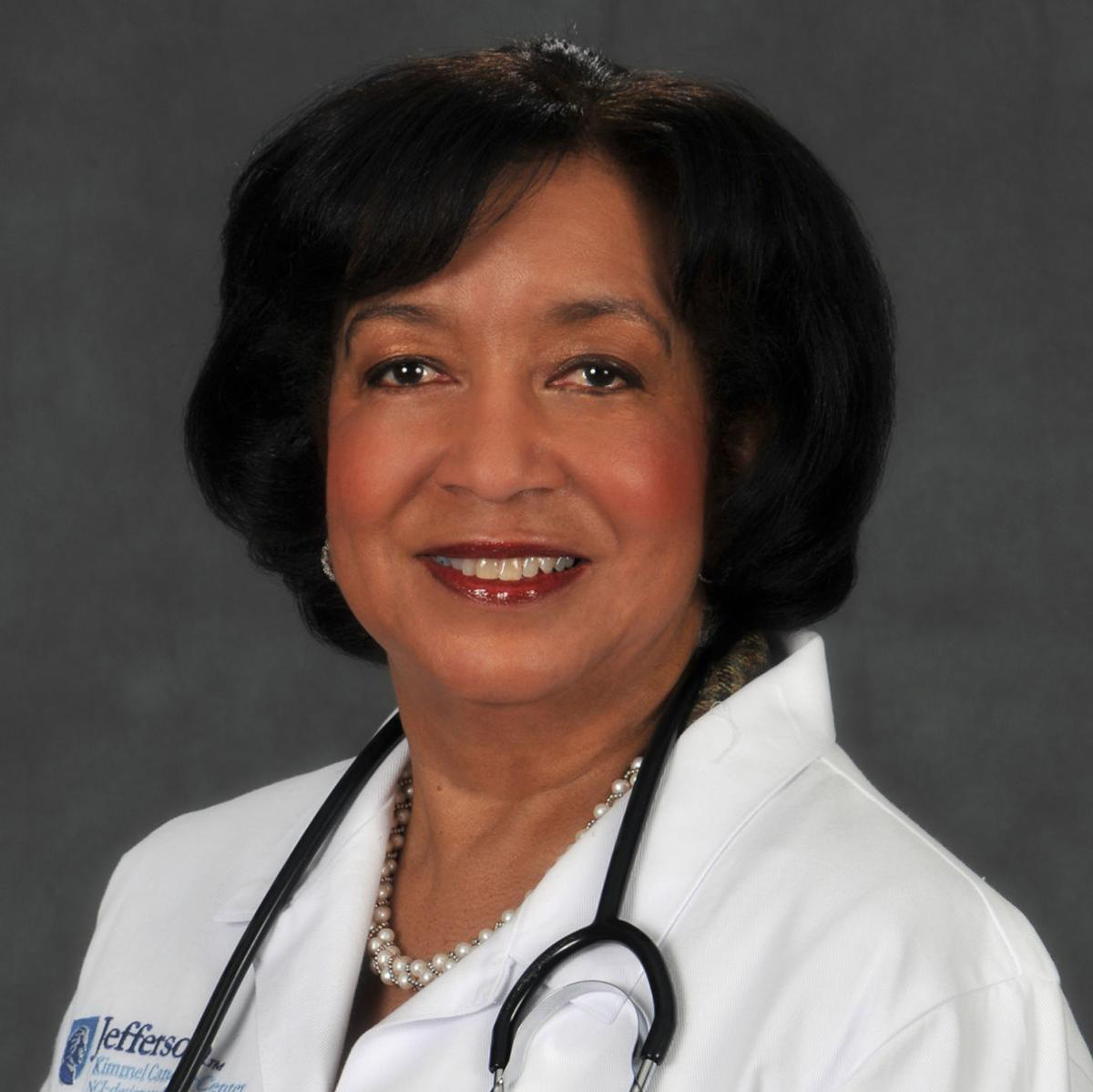
Trial Results: ECOG-ACRIN research round-up – Summer 2022
June 28, 2022
Now Enrolling: The EA9213 clinical trial is testing a new treatment for patients with T-cell acute lymphoblastic leukemia
June 28, 2022Ongoing Trial: As the TMIST breast cancer screening trial passes the halfway mark, leaders continue efforts to recruit women from diverse backgrounds

The TMIST breast cancer screening trial is a large randomized phase III study that is evaluating the ability of 3-D mammography to find more of the aggressive types of cancers likely to kill women, by comparing it to standard digital mammography. Also, TMIST will help doctors learn how to improve the process of identifying women at high risk for developing cancer and how best to use both of these technologies in the future.
Led by the ECOG-ACRIN Cancer Research Group (ECOG-ACRIN), the trial is open at 121 study sites in the United States and abroad, with a current enrollment of more than 71,000 women. With a goal to enroll nearly 130,000 participants, trial leaders are asking women of diverse backgrounds to participate. They also encourage imaging centers in under-served areas to open the study to ensure broad representation among participants.
Below, TMIST Study Chair Dr. Etta Pisano and ECOG-ACRIN Health Equity Committee Co-Chair Dr. Edith Mitchell discuss the trial's progress and current efforts.

Dr. Pisano
"The primary TMIST study question is whether tomosynthesis is more sensitive for those breast cancers that are more likely to lead to a woman's death from breast cancer," says Dr. Pisano. "Does tomosynthesis screening lead to a reduction in the aggressive cancers because they are found earlier, such as triple-negative breast cancer (TNBC), for example? If TMIST finds that reduction in aggressive cancers, it would suggest tomosynthesis is saving more lives than the older technology."
TMIST is one of the most successful National Cancer Institute (NCI)-funded trials at attracting Black participants. More than 20% of TMIST participants in the United States are Black women. This rate is far higher than the average Black cohort in NCI-funded trials (about 9%).

Dr. Mitchell
"We are encouraged by the high number of under-represented minority patients in TMIST," says Dr. Mitchell.
"Considering the high mortality rates among individuals in these populations, TMIST is on the right track towards helping us understand the predictive factors of breast cancer. This information will be important to improve early detection for as many women as possible," says Dr. Mitchell.
Efforts to Reach All Communities
Minority women are often under-represented in breast cancer screening trials. TMIST trial leaders and clinical staff are working hard to ensure racial, ethnic, and geographic diversity among volunteers so that the trial results apply to all women. Many TMIST sites in the United States are outside of major cities.
The TMIST recruitment and patient materials are available here in English, Spanish, Chinese Simplified, Korean, and Vietnamese.
For women who qualify for the charity care policies at participating institutions, TMIST pays for screening. This support makes it possible for more women to join the trial.
"By covering exams for women with inadequate insurance, TMIST enables researchers to gauge screening effectiveness across patient groups and care settings," says Dr. Mitchell.
In addition to the US, women can participate at locations in Canada, South America, Italy, and Korea. However, trial leaders continue to seek new imaging facilities.
"While TMIST trial participation continues to grow, we need more sites to take part, particularly those in under-served areas," says Dr. Pisano. "We want to reach more women in local communities, especially women of color, to gain a study population able to provide needed data to move breast cancer screening and health equity forward."
Future Opportunities
To discover ways to tailor future screening to a woman's individual risk, the study is creating a large dataset of breast cancer screening clinical data, images, and biospecimens. The data will lead to better, more individualized screening strategies based on each woman's risk factors. Some women may benefit from less screening, while others may require more intensive screening.
"Wouldn't it be better if we could adapt based on all of our new knowledge and provide individualized recommendations?" asks Dr. Pisano. "We could develop a tool that allows us to give each woman recommendations based on her risk factors, particular circumstances, and genetics."
Learn more about TMIST and the locations where the trial is available at ecog-acrin.org.
Etta D. Pisano, MD, is the chief research officer of the American College of Radiology and adjunct professor of radiology at the University of Pennsylvania.
Edith P. Mitchell, MD, is a medical oncologist at the Sidney Kimmel Cancer Center at Thomas Jefferson University in Philadelphia, where she is also a clinical professor of medicine and medical oncology in the Department of Medical Oncology, director of the Center to Eliminate Cancer Disparities, and associate director of Diversity Affairs.

